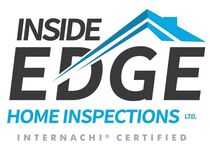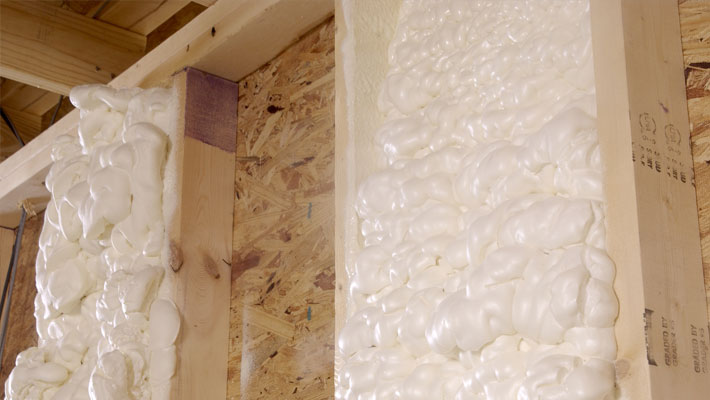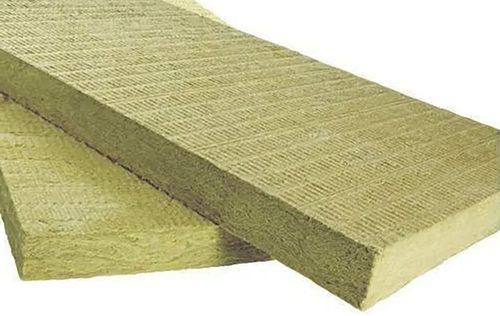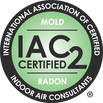Mike's Home Inspector BlogMichael Burfitt |
|
In Nova Scotia, our unique climate demands careful consideration when it comes to keeping your home cozy and energy-efficient. Insulation plays a crucial role in maintaining indoor comfort, and understanding the various types available can help you make informed decisions for your property. Here’s a quick look at a few types of insulation I have seen during home inspections. Fibreglass Insulation This is the most common type of insulation I encounter. The two most common types of this type of insulation are loose fill and batts. Advantages Cost-effective: Fibreglass insulation is generally more budget-friendly than some other options. Easy installation: It is available in batts or rolls, making it easy to install between wall studs and in attics. Effective thermal performance: Fibreglass insulation resists heat transfer, keeping homes warm in winter and cool in summer. Disadvantages Prone to settling: Over time, fiberglass insulation may settle, reducing its effectiveness. This can be further accelerated by being walked on. Can be irritating: Handling fiberglass can cause skin irritation, requiring proper protective measures during installation. Spray Foam Insulation There are two basic types of foam insulation: open cell and closed cell. Advantages Excellent air sealing: Spray foam forms a tight seal, reducing air leakage and enhancing energy efficiency. Versatile applications: It can be used in attics, crawl spaces, and walls for comprehensive insulation. Long lifespan: Spray foam is resistant to settling, providing long-lasting insulation. Disadvantages Higher cost: Generally, it is more expensive than traditional insulation materials. Professional installation required: Proper application of spray foam demands expertise, necessitating the involvement of skilled professionals. Rockwool (Mineral Wool) Insulation
This type of material is commonly used in commercial properties. Advantages Fire-resistant: Rockwool provides an added layer of fire protection due to its composition. Acoustic insulation: It offers soundproofing properties, enhancing overall comfort.This is one reason why many commerical properties use Rockwool between tenant spaces. Good thermal performance: It is effective in maintaining indoor temperatures in variable climates. Disadvantages Higher cost: Rock wool insulation can be more expensive compared to other options. Heavier than some alternatives: Its weight may be a consideration, especially in certain construction scenarios. Choosing the right insulation for a Nova Scotian home involves weighing the advantages and disadvantages of each material. Consultation with a local insulation professional is key to making an informed decision based on your specific needs, ensuring your home remains comfortable and energy-efficient throughout the seasons. |
Archives
July 2024
Categories
All
|
|
Inside Edge Home Inspections Ltd.
Halifax, NS 902-209-9921 [email protected] Proudly Serving the HRM & Central Nova Scotia |





 RSS Feed
RSS Feed

